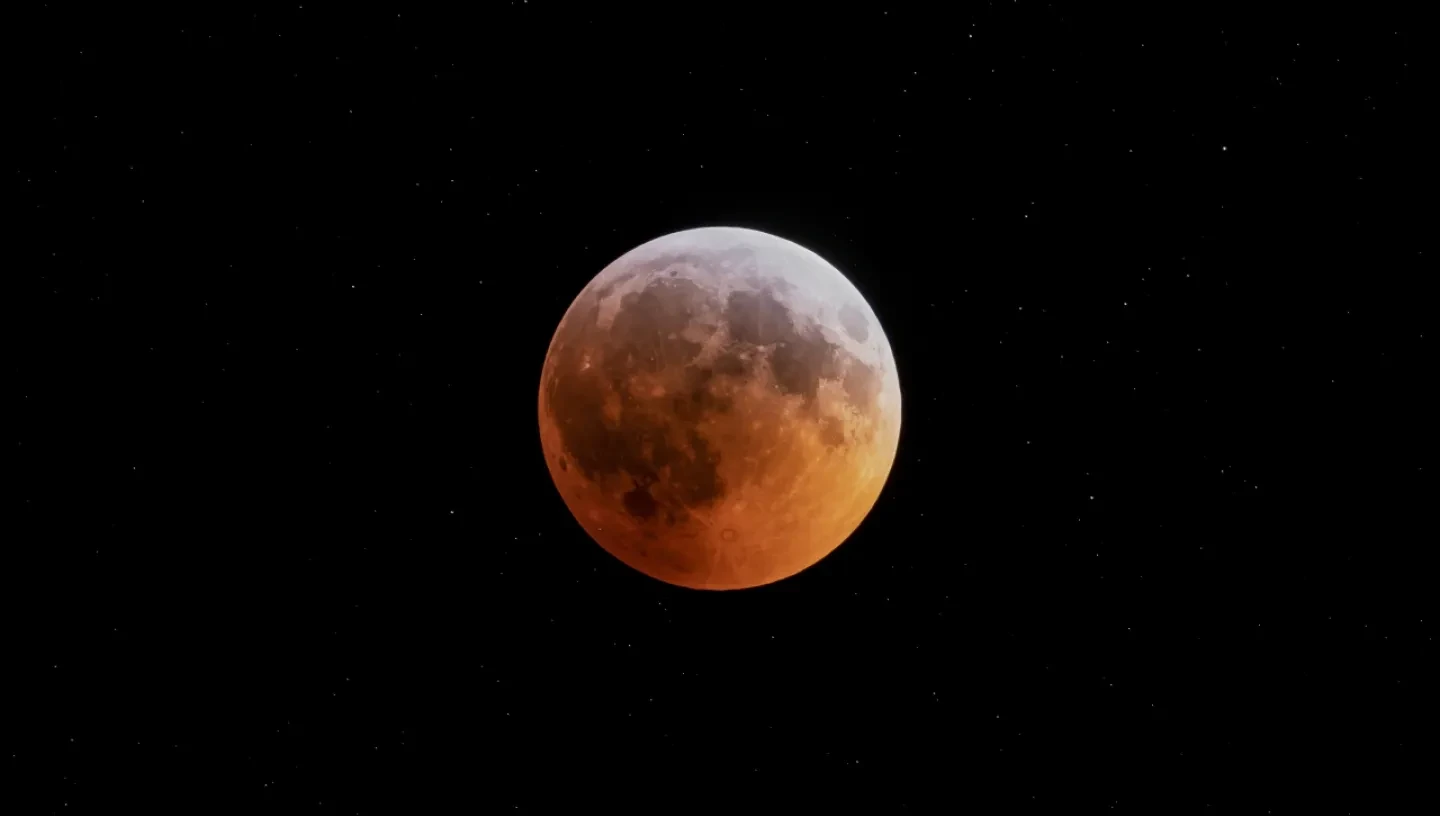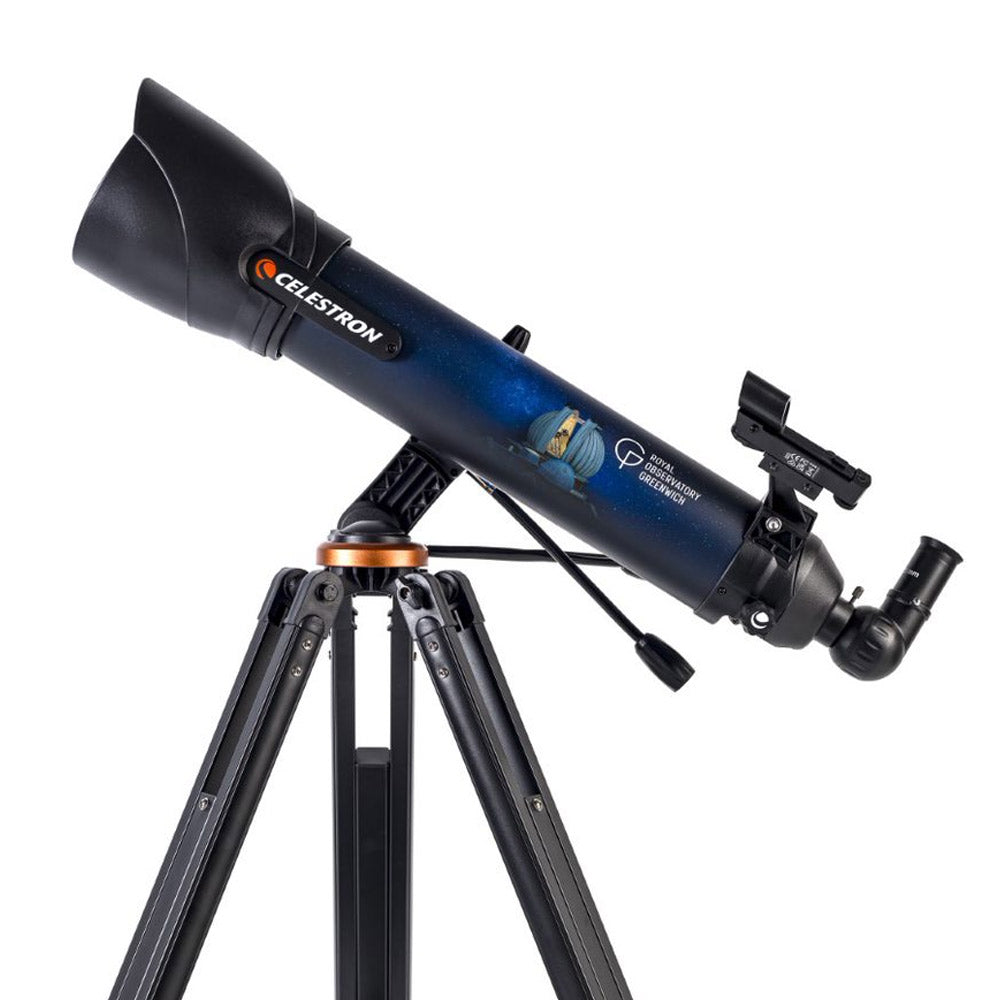
Sleep trouble. Violent behaviour. Mental health. Menstrual cycles. All these and more have at one time or another been associated with the Moon.
Why have people believed that there is a connection between the Moon and human health? And what, if any, is the scientific basis for it?
How the Moon affects humans – a history
Belief in the Moon’s influence on human sickness and health is ancient and widespread, from early folklore and medicine through to contemporary accounts of full moons and a rise in violent crime.
One of the oldest objects in the 2019 The Moon exhibition at the National Maritime Museum was a Mesopotamian tablet from 172 BCE. The tablet describes how to ward off the evil effects of a lunar eclipse, which were believed to threaten the life of the king.
In ancient Greece and Rome by contrast, girls were given crescent-shaped amulets on their birthday to protect them from evil spirits. Women also wore them to improve fertility and for protection during childbirth.
By the 16th century, tracking the Moon's position had become an "essential part" of medicine according to Louise Devoy, Curator of Royal Observatory Greenwich. The chart below shows one way in which physicians would determine how the Moon affected their patients.
"They used the black spokes on these rotating paper discs – volvelles' – to keep track of the Moon’s position," Devoy explains. "The waxing phases of the Moon were thought to enhance the benefits of bloodletting. In contrast, the Full Moon was thought to intensify a patient’s fever. Similarly, apothecaries created herbal remedies using watery plants that were thought to be influenced by the Moon."
In Hinduism meanwhile the god Chandra embodies the movement and changing faces of the Moon, and is closely aligned with periods of sickness and health.
In one story, Chandra is cursed by 26 of his wives for spending too much time with the 27th wife. His resulting illness ‘waxes’ and ‘wanes’, echoing the cycle of the Moon.
Animation by TEXTURE
In India, newspapers still report on the belief that people should avoid eating during a lunar eclipse. An article published in the Times of India before the July 2019 eclipse warned, “It is believed that eating during lunar eclipse is harmful for health, and this is simply because the eclipse leads to emission of strong ultraviolet rays, which impacts cooked food as it is prepared with water, which further attracts emissions, which turns the cooked food into poison.”
Lunar cycles and menstrual cycles
There is a long and surprisingly persistent association between the Moon and a woman’s menstrual cycle.
Etymologically at least the connection is clear: the Greek word for Moon – ‘mene’ – and the Latin for month – ‘mensis’ – provide the root for the term ‘menstruation’.
Scientifically, the connection is more dubious.
In 1708, physician Richard Mead published the catchily titled A Discourse concerning the action of the sun and moon on animal bodies and the influence which this may have in many diseases.
Taking inspiration from Isaac Newton’s theories, he proposed that the gravitational pull of the Moon affects fluids within the human body, aggravating conditions such as epilepsy and kidney stones as well as menstrual cycles.
“Every one knows how great a Share the Moon has in forwarding those Evacuations of the weaker Sex, which have their Name from the constant Regularity they keep in their Returns,” he claimed, adding that the Moon’s effect on these “monthly secretions” was more pronounced nearer the Equator.
“It is very observable, that in Countries nearest to the Aequator, where we have proved the Lunar Action to be strongest, these Monthly Secretions are in much greater Quantity than in those near the Poles, where this Force is weakest.”
While there is no scientific evidence to support Mead’s 18th century theories, the ideas that lunar and menstrual cycles can somehow be ‘synced’ has persisted.
In 2016, period tracker app Clue analysed data from over 1.5 million users in order to determine whether there could be a correlation between lunar phases and the menstrual cycle.
The study found no link.
“Looking at the data, we saw that period start dates fall randomly throughout the month, regardless of the lunar phase,” concluded data scientist Dr Marija Vlajic Wheeler.
Does the Moon affect sleep?
The idea that a Full Moon may result in poor sleep is a consistent theme, but the scientific evidence remains inconsistent.
A study in 2013 conducted with 33 volunteers did find that on average it took them five minutes longer to fall asleep during a Full Moon. Volunteers in the experiment also spent 30% less time in deep sleep.
While it's easy to assume that the increased moonlight from a Full Moon may be the cause of disrupted sleep, this study was held in a sleep laboratory, where the amount of light was tightly regulated each night.
However, following publication of the study, two further experiments failed to replicate the results.
When it comes to the question of whether the Moon affects sleep, the editors of scientific journal Current Biology have this warning: "The conundrum of ‘lunar effects on sleep’ represents an exemplary case of a scientific question which should be approached with caution, as it may seem much easier than it will likely be."
'Lunacy', the Moon and madness
“For millennia, there has been a widespread belief in the association between the Full Moon and extremes of behaviour linked with mental illness,” historian John J. Johnston writes in The Moon exhibition book. “The very word ‘lunatic’, now thankfully outmoded, is an indicator of the former pervasiveness of this conviction among the general public and medical professionals alike.”
Johnston goes on to explain how Aristotle believed that the brain’s high water content made it susceptible to the phases of the Moon. These theories on the ‘tides’ of the mind resulted in a Full Moon becoming associated with violent behaviour, seizures and mental illness.
Read more in The Moon exhibition book
Animation by TEXTURE
Later studies have failed to find a correlation between the Moon and mental health. An analysis of ‘lunar-lunacy’ research published in 1985 concluded that there was no connection between the Moon and incidents such as crime, suicides and mental hospital admissions. A recent study in 2019, analysing the data of 17,966 individuals treated at various psychiatric wards over a period of 10 years, also found "no evidence that our celestial neighbour influences our mental well-being."
Despite the lack of conclusive scientific evidence, the popular link between a Full Moon and extreme behaviour continues. In 2007 for example, Brighton police announced that they would be putting more officers on duty during full moons to counter an apparent increase in the number of violent incidents.
So, does the Moon really affect our health and mood?
There is no absolute proof that the Moon affects human mental and physical health, though its effect has been observed in other organisms: corals for instance appear to time their spawning based on the lunar cycle.
As for humans? Niall McCrae, author of The Moon and Madness, has criticised previous scientific studies suggesting a connection between the Moon and health – but stops short of discounting a ‘lunar effect’ altogether.
“We can be confident that the Moon does not have a noticeable impact on most people's lives most of the time, but we cannot rule out the possibility of its role among various environmental factors that might affect our sleep, moods and vitality,” he says.
“Convincing scientific evidence that the Moon affects human biology or mental health has not yet been found," concludes Richard Dunn in The Moon exhibition book. “Nevertheless, its more obvious effects on Earth – through light and gravity and due to its regular cycles – have exerted a powerful influence on how humans have led their lives, whether through the ordering of time, the ability to navigate, or attempts to determine what the future might hold.”
Main image: 'Impact of a Meteoroid During the Total Lunar Eclipse', © Rafael Ruiz (Insight Investment Astronomy Photographer of the Year 2019)







